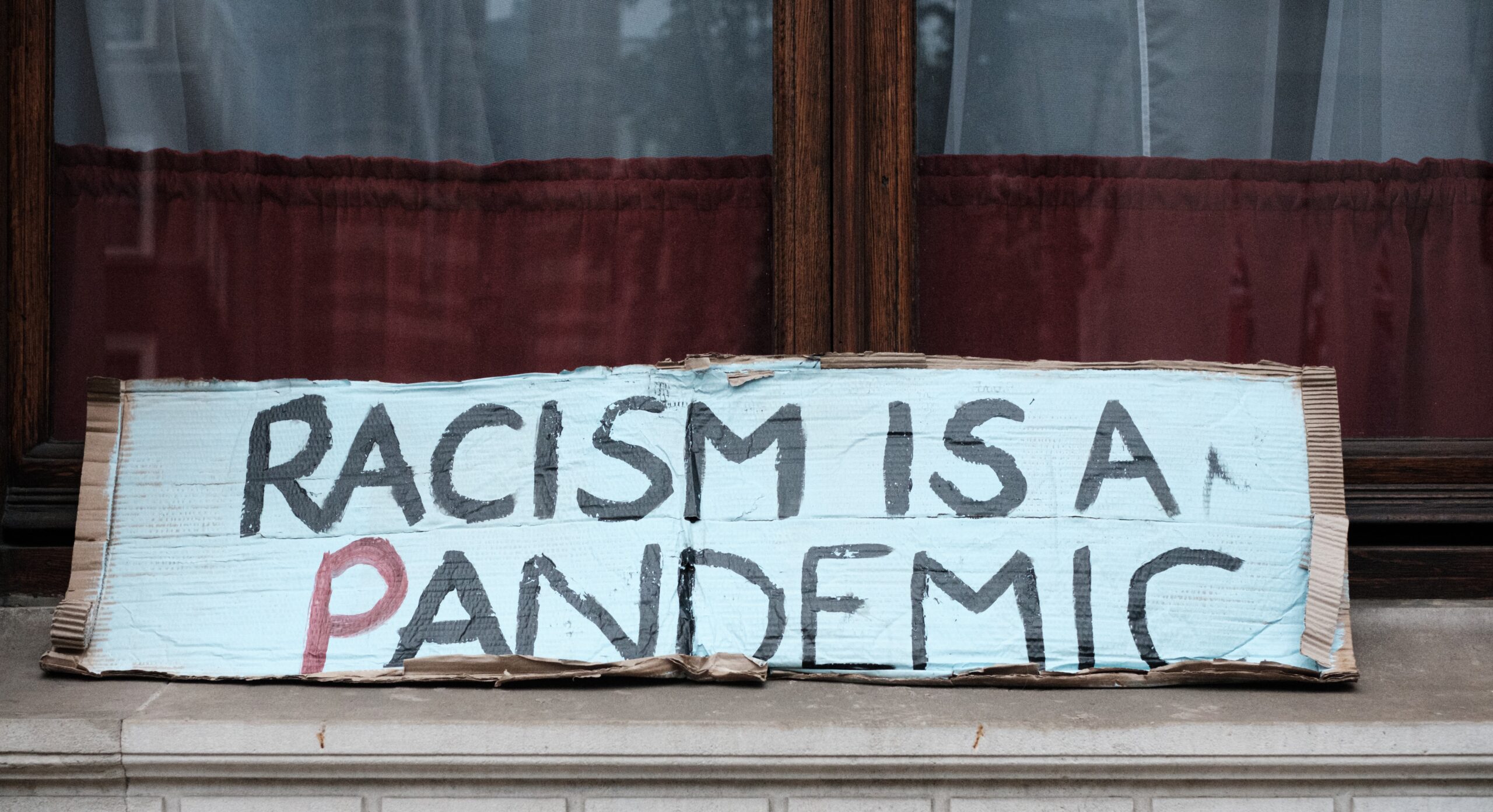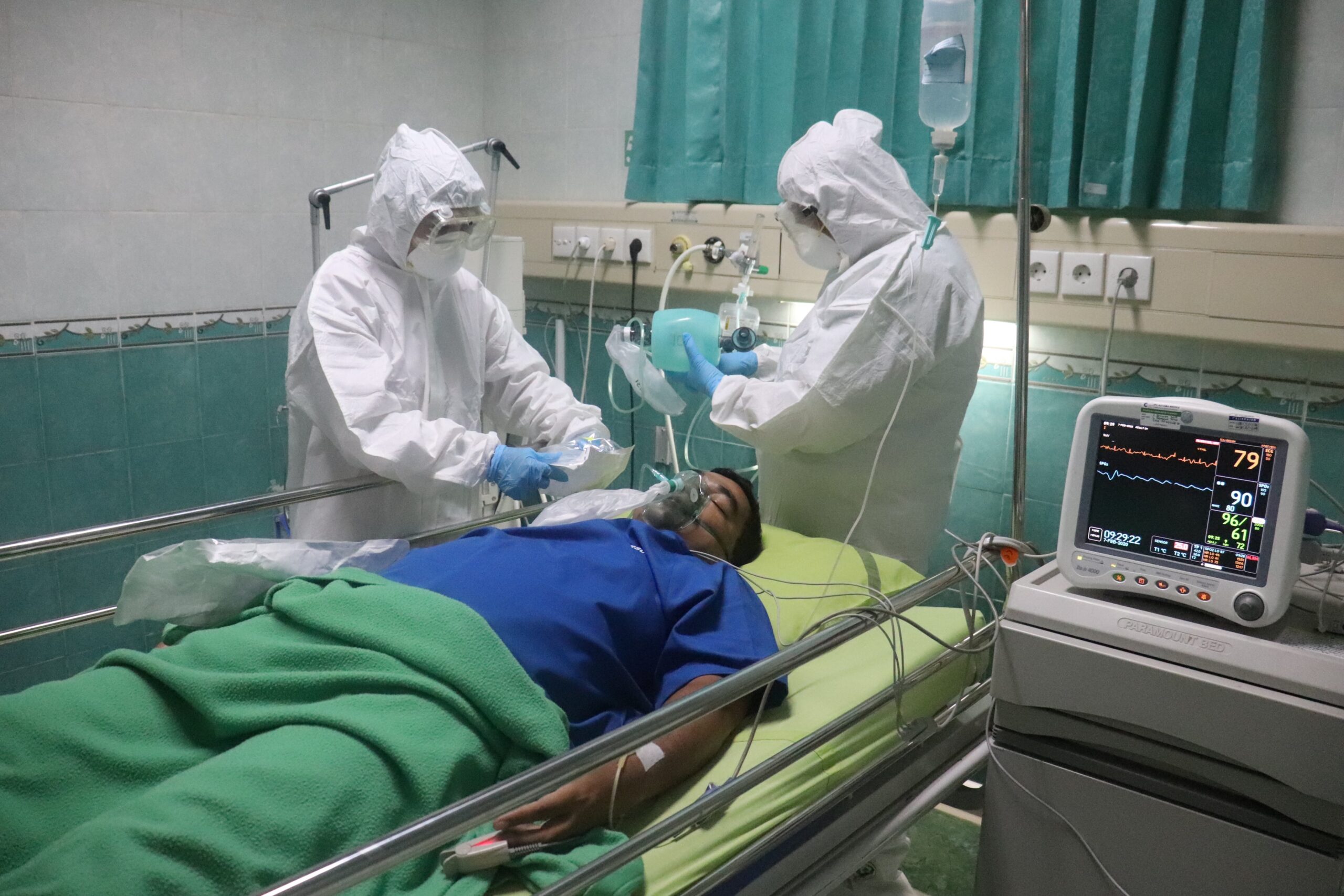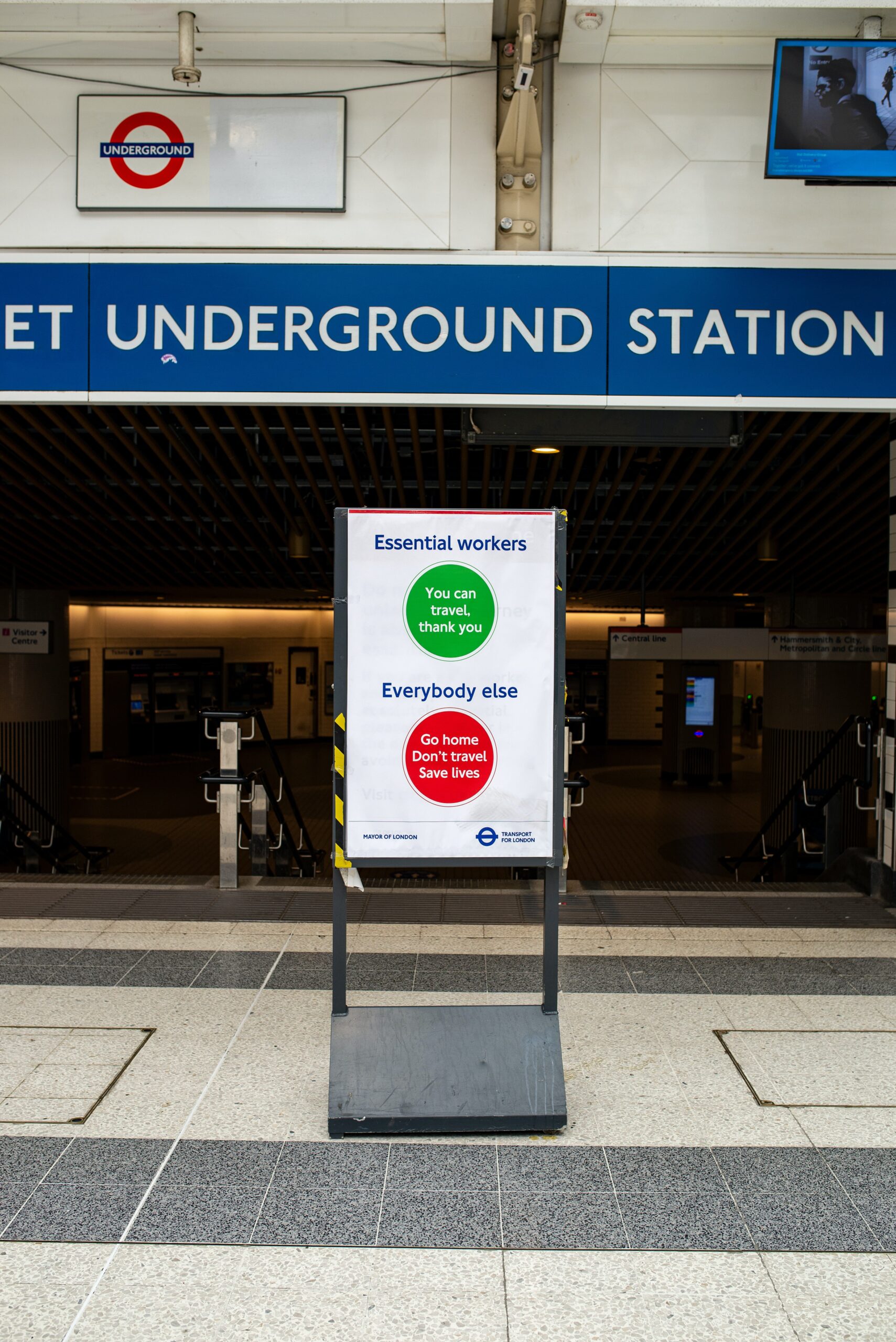Type “kung flu” or “Chinese virus” into your search engine—how many results do you get? By my last count, both search terms combined return over 1 billion results. Though the WHO officially termed the novel coronavirus“COVID-19” in February 2020, this measure did not deter people from continuing to use these slurs and to justify attacks against Asian people. Since news of the coronavirus first began making headlines, there has been a documented rise in acts of anti-Asian discrimination, with people reporting being yelled at, spit at, bullied, verbally assaulted, threatened, and attacked.
Leave a CommentCategory: Uncategorised
Patient-doctor discussions surrounding do not attempt cardio-pulmonary resuscitation (DNACPR) orders amidst the COVID-19 pandemic have caused widespread, understandable panic in the UK, set against a backdrop of proportionately higher elderly deaths, discussions surrounding resource allocation (particularly with reference to ventilators), and emerging stories of rising care home deaths. Here, we highlight how current debates surrounding DNACPRs – and advanced care planning more generally – raise important lessons for the future surrounding how we might improve when clinicians and patients have these discussions in the process of care.
Leave a CommentAt the start of every public health ethics course I teach, I give my students a list of questions to explore, but leave the most important one until last: ‘What kind of society do we want to be?’ I want them to circle back to this thought, no matter the topic, to instil in them the understanding that public health practice and policy are always based on value judgments. Our job, as ethicists, is not always to provide the right answer, but to clarify the values and interests embedded in our decision making.
Leave a CommentCOVID-19 was declared a global pandemic by the World Health Organization (WHO) on 11 March 2020. In the United Kingdom, after extensive criticism across different sectors of society regarding government inaction and ineffective policies – as well as piecemeal communication about possible measures relating to citizens over age 70 to maintain social distancing for a period of months – HM Government announced on 15 March that daily press conferences will be held “…to keep the public informed on how to protect themselves”. As for first responders and other professionals who find themselves at the front line of the battle to delay the spread of the virus, guidance is available, but its accessibility and absence of detail is worrying, as a cursory look at the official website will reveal. Importantly for this blog, the Department of Health and Social Care’s Coronavirus Action Plan makes no mention whatsoever of the legal position underpinning any of its initiatives. So, in this blog I ask: Are law and human rights also prey to the impact of the COVID-19 virus?
Leave a CommentIn a guest post for the Professional Standards Authority blog, Annie Sorbie, Lecturer in Medical Law and Ethics, and Zahra Jaffer, PhD candidate at the Mason Institute, discuss that momentum needs to be maintained on embedding the professional duty of candour in healthcare professionals, but we also need to widen the lens beyond individual interactions and direct attention to the wider context in which healthcare is provided.
Leave a Comment



